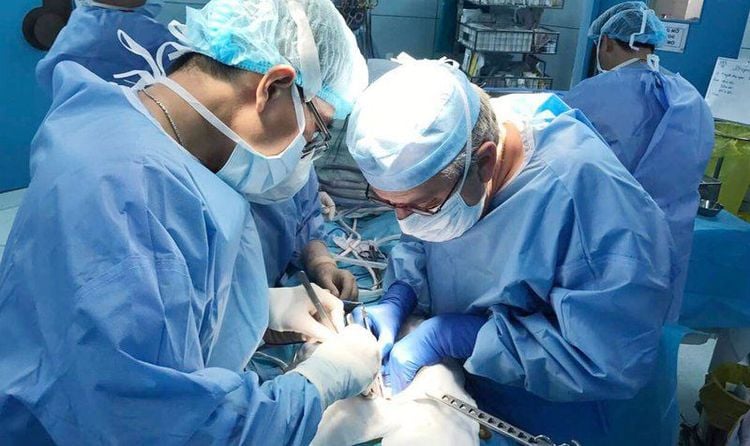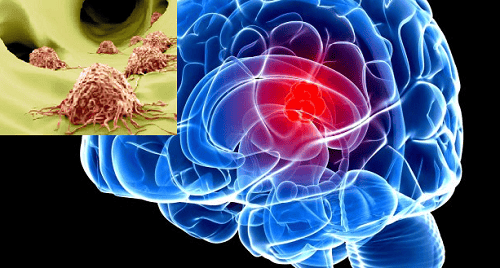This is an automatically translated article.
The article is professionally consulted by Internal Medicine Oncologist - Internal Oncology Department - Vinmec Times City International Hospital. The doctor has extensive experience in the examination, diagnosis and treatment of cancers.Metastasis is the spread of cancer cells to new areas of the body, cancer cells usually travel through the lymphatic system or blood vessels. A malignancy, which starts at the same original site, spreads to different parts of the body to form new tumors. This article will outline the current methods of diagnosing metastatic cancer and how to treat it.
Tumors that form from metastatic cells are called secondary tumors. Cancer that has spread to areas near the site of origin is called regional metastasis, or to parts of the body that are farther away is called distant metastasis.
1. Diagnosis of metastatic cancer
Cancer that has spread from the primary site of resection to other sites in the body is usually classified as advanced cancer. When cancer has only spread to nearby tissues or lymph nodes, it is called locally advanced cancer. When cancer has spread to other parts of the body, it is called metastatic cancer. The liver, lungs, lymph nodes, and bones are common areas of metastasis.Even when metastatic cancer spreads to a new location, it is still named after the area of the body where it started. For example, a person with breast cancer that has spread to the bones is said to have breast cancer with bone metastases. If a cancer has spread throughout the body before it is detected and it is not known exactly where it started, it is called cancer of unknown origin.
Cancer can spread to almost any part of the body, although different types of cancer are more likely to spread to certain areas than others.
Trắc nghiệm: Thử hiểu biết của bạn về bệnh ung thư
Ung thư là nguyên nhân gây tử vong hàng thứ 2 trên thế giới. Thử sức cùng bài trắc nghiệm sau đây sẽ giúp bạn có thêm kiến thức về yếu tố nguy cơ cũng như cách phòng ngừa bệnh ung thư.
Bài dịch từ: webmd.com
2. Treatment of metastatic cancer
Treatment for metastatic cancer is aimed at slowing the growth or spread of cancer. Treatment depends on the type of cancer, where it started, its size, where it has spread, and other factors.
Usually, metastatic cancer requires systemic treatment, either by oral administration or by infusion of drugs that affect cancer cells throughout the body, such as chemotherapy, targeted therapy or hormone therapy. Other treatments may include immunotherapy, radiation therapy, surgery, or a combination of these.

In some clinical situations, metastatic cancer can be treated in specific ways:
Brain metastatic cancer: Depending on the number of tumors, tumor size and extent of disease at the sites In other cases, treatment options may include surgery (in specific cases), radiation therapy, gamma knife surgery, chemotherapy, targeted therapy, or steroids. Bone metastases: Can be treated with: anti-osteoporotic drugs, surgery or radiotherapy to relieve pain for patients Lung metastatic cancer: The treatment of lung metastases depends on the extent of metastasis as well as the type of cancer. original letter. In most cases, it will be treated in the same way as the primary cancer. If metastases are causing pleural effusion, pleural aspiration may make breathing less difficult. Liver metastases: There are different ways to treat liver metastases depending on the type and extent of the primary cancer and the number and size of liver metastases. In many cases, liver metastases will be treated in the same way (with the same regimen) as the primary cancer. In cases of comorbidities that limit specific treatment for both primary and metastatic disease, palliative care is a good option. Organ transplantation is generally not an option for metastatic cancer.
Please dial HOTLINE for more information or register for an appointment HERE. Download MyVinmec app to make appointments faster and to manage your bookings easily.
Reference source: cancercenter.com












